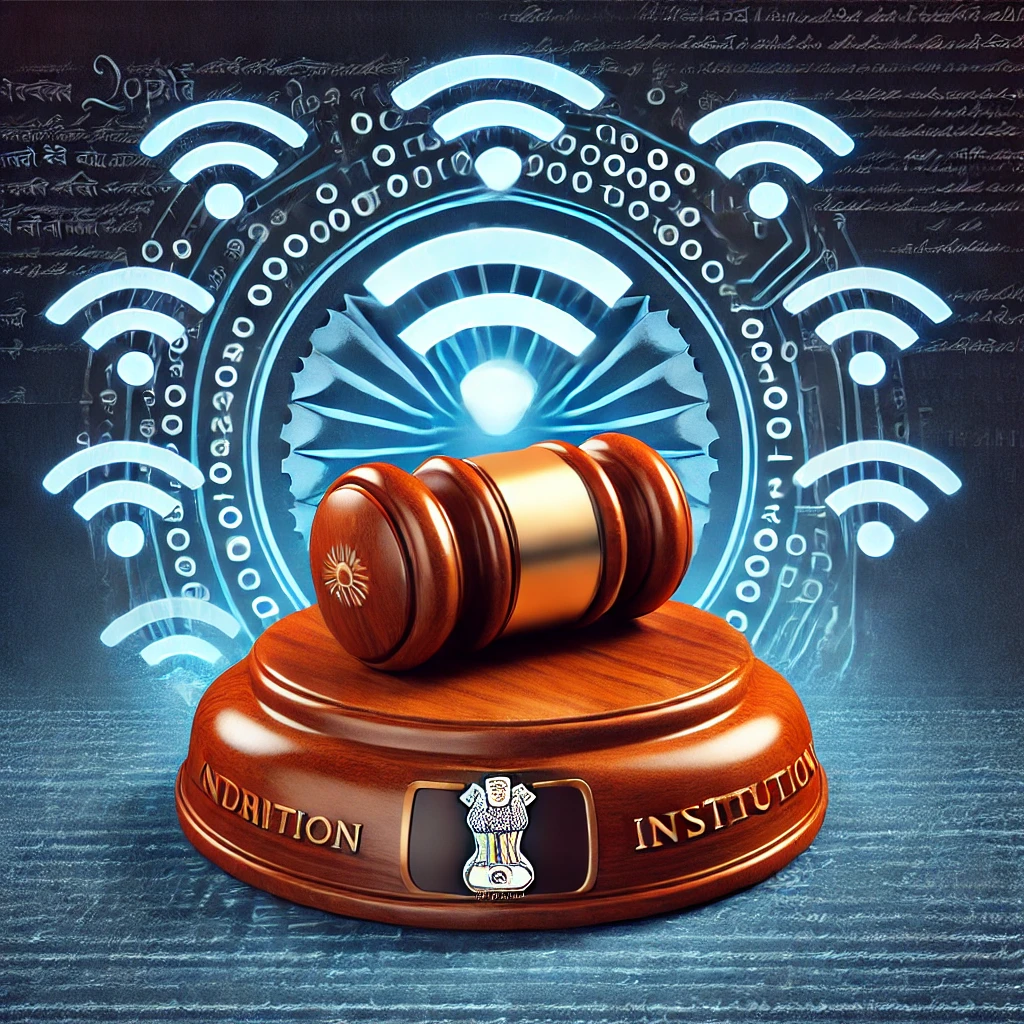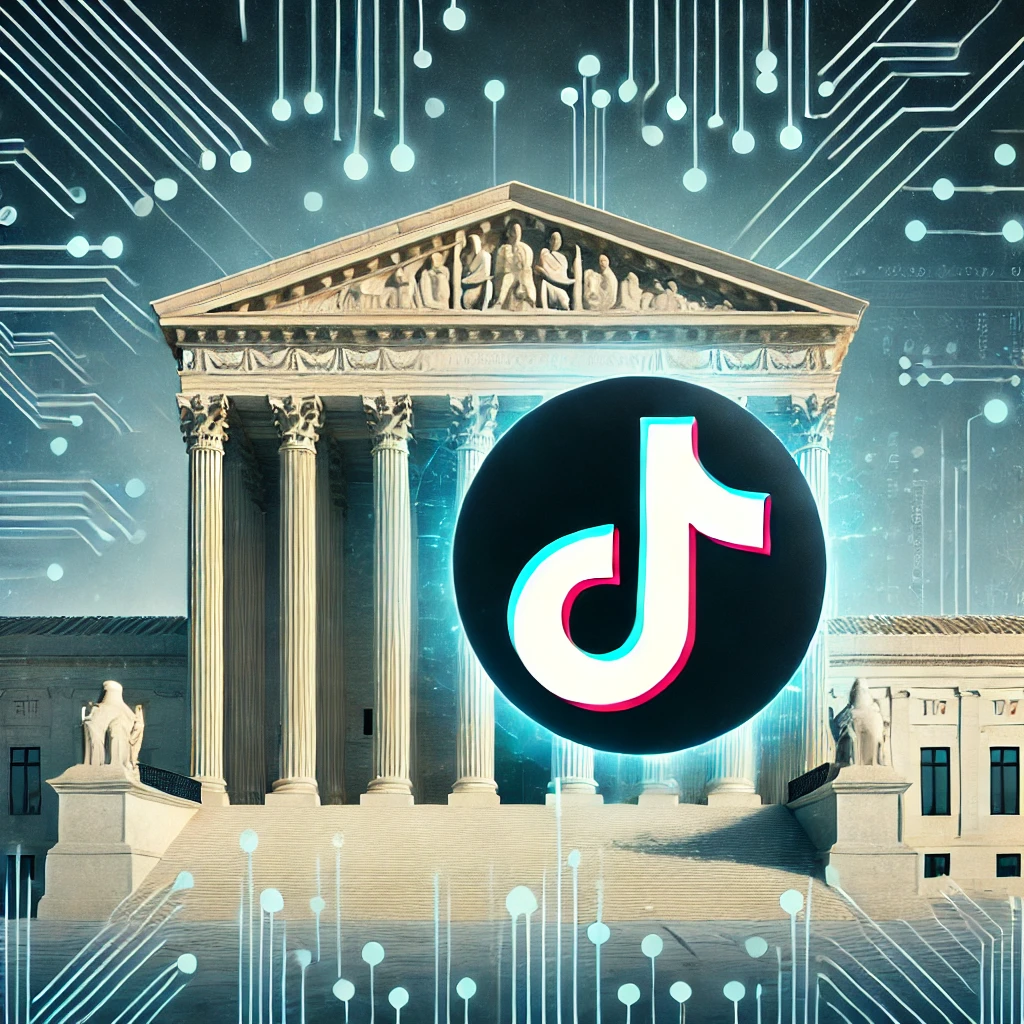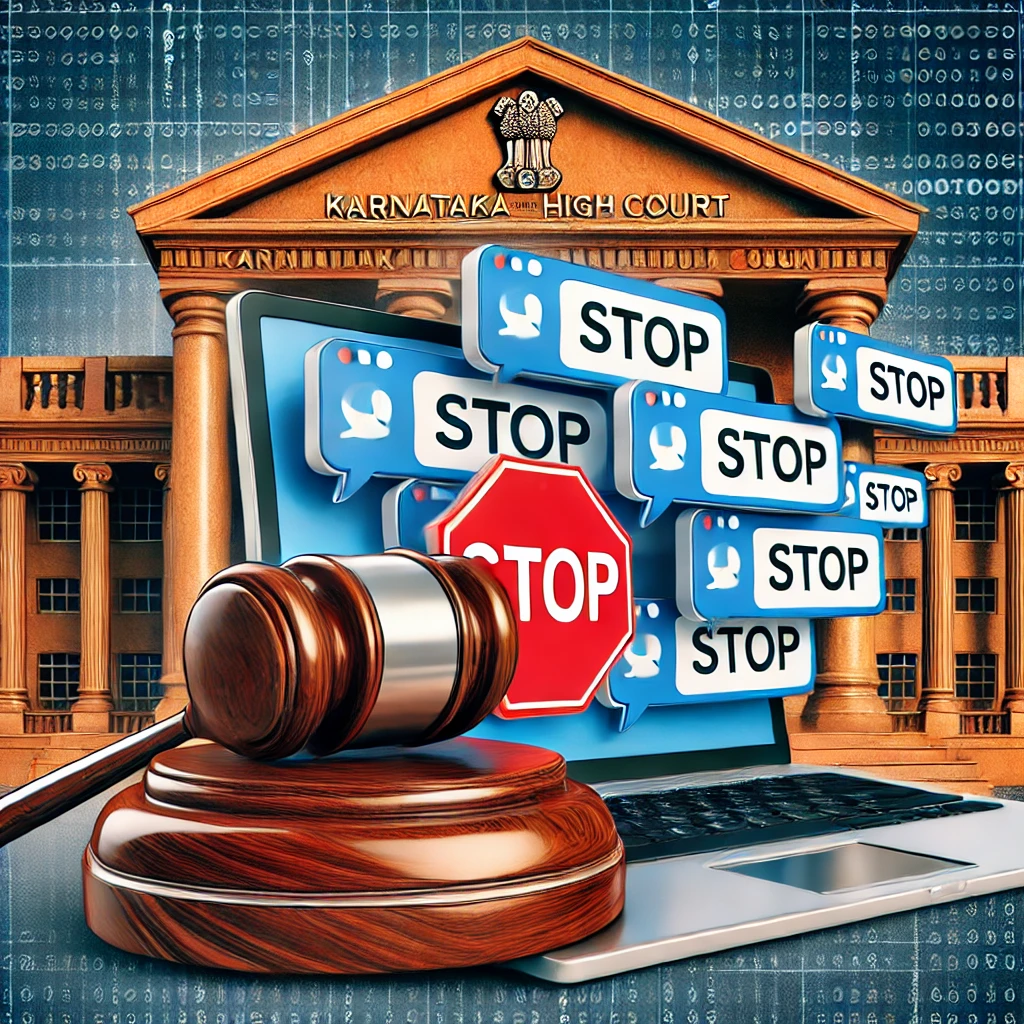Media laws at Australia
Media Law in Australia is shaped by a balance between freedom of expression, public interest, and regulatory protections for individuals and society. Unlike countries with a written bill of rights, Australia does not have an explicit constitutional right to freedom of speech—but it does have a complex body of statute law, common law, and regulatory frameworks that govern the operation of media.
Here’s a comprehensive breakdown of media law in Australia:
Overview of Media Law in Australia
1. 📜 Legal Framework
a. No Constitutional Protection of Free Speech
Australia does not have a bill of rights, and freedom of speech is not explicitly protected in the Constitution.
However, the High Court of Australia has recognized an implied freedom of political communication, which protects discussion of political and governmental matters.
b. Key Legislation
Broadcasting Services Act 1992 (Cth): Regulates commercial and community radio and TV broadcasting. Establishes rules about content, ownership, classification, and licensing.
Australian Communications and Media Authority Act 2005 (Cth): Establishes the ACMA, the regulatory body for broadcasting, internet, and telecommunications.
Privacy Act 1988 (Cth): Regulates the collection and handling of personal information by media organizations.
Defamation Laws (state-based): Each Australian state and territory has similar (but not identical) laws regarding defamation, unified by the Model Defamation Provisions.
Classification (Publications, Films and Computer Games) Act 1995 (Cth): Regulates classification of media content such as movies, games, and publications.
2. 📰 Freedom of the Press and Expression
Press Freedom: There is no constitutional or legislative guarantee of press freedom. Journalists can face legal barriers, particularly around national security, defamation, and court suppression orders.
Whistleblower Laws: Australia has legislation to protect whistleblowers, but critics argue that protections are weak and often ineffective, especially in national security cases.
Shield Laws: Laws that protect journalists from being compelled to reveal confidential sources vary by state. They are more robust in jurisdictions like NSW, Victoria, and the ACT.
3. ⚖️ Defamation Law
Civil Law Issue: Defamation in Australia is primarily a civil matter, not criminal.
Uniform Defamation Laws: Based on the Model Defamation Provisions, which were updated in 2021 (Stage 1 reforms). Key features:
Introduction of a "serious harm" threshold.
Stronger public interest defense for journalists.
Statute of limitations of 1 year (with some flexibility).
Online Defamation: Courts have ruled that social media users (even those posting comments) can be liable for defamatory content.
4. 🛡️ Privacy and Data Protection
Privacy Act 1988 (Cth): Governs how organizations collect, store, and use personal data.
Media Exemption: There is a journalistic exemption under the Privacy Act for media organizations that are publicly committed to observing established privacy standards (e.g. via a press council or code of ethics).
Notifiable Data Breaches Scheme: Requires media outlets (and other entities) to notify individuals if personal data is involved in a breach that is likely to result in serious harm.
5. 📺 Broadcast and Online Regulation
a. Broadcast Media
Regulated by the Australian Communications and Media Authority (ACMA).
Code of Practice: Broadcasters must follow codes that cover issues like decency, fairness, and accuracy.
Ownership Laws: Include media diversity rules that limit cross-ownership of print, radio, and TV media in the same geographic area.
b. Online Media
Online Safety Act 2021: Empowers the eSafety Commissioner to act against cyberbullying, image-based abuse, and harmful online content.
The Act also applies to social media platforms, ISPs, and other digital service providers.
Mandatory content removal powers can force platforms to take down harmful or illegal content quickly.
6. ⚖️ Content Regulation and Classification
Classification Board: Responsible for classifying films, video games, and some publications.
Ratings system (e.g., G, PG, M, MA15+, R18+) applies to broadcast and streaming content.
ACMA can penalize media outlets or broadcasters that fail to comply with classification and content standards.
7. 📡 Public Broadcasters
ABC (Australian Broadcasting Corporation) and SBS (Special Broadcasting Service) are Australia’s two major public broadcasters.
Governed by their own Acts: ABC Act 1983 and SBS Act 1991.
Both are expected to be independent, fair, and non-partisan.
ABC is funded by the federal government but operates with editorial independence.
8. 📱 Social Media and Tech Regulation
Tech Giants and Media Bargaining Code:
In 2021, Australia introduced a mandatory bargaining code requiring platforms like Google and Meta to pay news publishers for linking to their content.
A world-first initiative aiming to support journalism in the digital era.
Online Safety:
The eSafety Commissioner has broad powers to compel takedown of abusive, illegal, or harmful content, even on encrypted platforms.
9. ⚖️ Open Justice vs. Suppression Orders
Courts in Australia can issue suppression orders (also known as non-publication orders) to limit media coverage of trials, often to protect the fairness of the legal process or the privacy of victims.
Contempt of Court: Publishing content that interferes with court proceedings can be punished as contempt.
Courts balance the principle of open justice with other interests like national security and victim protection.
🔑 Key Challenges
No constitutional free speech protections.
Strong defamation laws, often used by public figures and corporations.
National security laws restrict media reporting (e.g., metadata laws, secret trials).
Lack of uniform shield laws to protect journalists and their sources across all jurisdictions.
Government pressure on public broadcasters (especially ABC) over editorial decisions.
✅ When to Consult a Media Lawyer in Australia
You might need legal advice if:
You're a journalist or editor facing a defamation claim.
You're planning to publish sensitive information (e.g., whistleblowing, leaks).
You're running a media outlet or social media page and unsure about content liability.
You want to understand your rights under privacy, broadcast, or online safety laws.
You're involved in reporting a court case and are concerned about suppression orders.




















0 comments